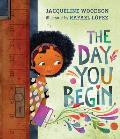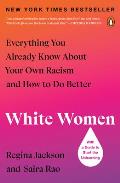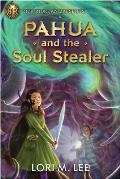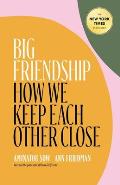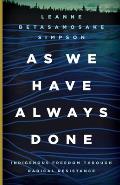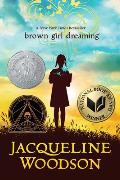
Recommended to me by: Reading Jaqueline Woodson’s children’s book The Day You Begin
In spare, elegant poetry with each word exactly as it needs to be, Jacqueline Woodson takes us back before her birth in her family history, and then slowly forward in time. She shares her sensory experiences as a young child in Ohio and then in the South, and later after her family moved to Brooklyn, NY. The writing is lyrical, gripping, joyous, painful.
Life is dangerous for a Black family in the 60s and 70s, and she grieves for relatives as they die, at the same time as she struggles with reading in school and bonds with a neighbor girl as Forever Friends. She is aware of the struggle for civil rights, and participates as much as she can.
Highly recommended! Every word is worth reading, through the acknowledgements and end notes all the way to the photographs of family members as children at the very end.

